What Would Captain America Do? The Fight for Liberty Versus Military-Industrial Complex NSA Global Intelligence / S.H.I.E.L.D, Montage & Review
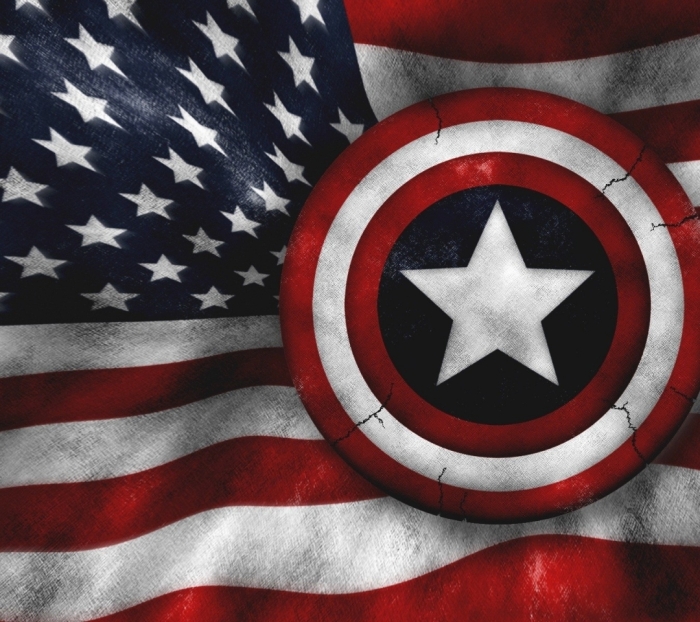
Captain America The Winter Soldier, finds the Captain fighting for liberty against S.H.I.E.L.D. director Nick Fury over the question of global intelligence. What Would Captain America Do? Fight the SHIELD / “The CIA + Navy + NSA x 1,000“
What is patriotism? Is it doing what the government says, or is it doing what you believe is true to the Constitution and American values? “Captain America: The Winter Soldier” Currently the No. 1 movie in the country wraps its message in a red, white, and blue action-packed candy shell.
Unfrozen WWII super-soldier Steve Rogers – a.k.a. Captain America – works for SHIELD, which is basically the CIA plus Navy SEAL Team Six plus the NSA times a thousand. At first, the movie seems to be only a commentary on targeted killing. And it is that, featuring a set of enormous SHIELD military drones called “helicarriers,” which prompt an exchange between Cap and SHIELD boss Nick Fury. Like the drones we have nowadays
“We’re gonna neutralize a lot of threats before they even happen.”
“I thought the punishment usually came after the crime,” Cap replies, recalling the Obama administration’s of the word “imminent” in its legal justification for putting people on the real-world kill list.
“SHIELD takes the world as it is, not as we’d like it to be,” Fury says, echoing of over-the-line counterterrorism tactics.
“This isn’t freedom – this is fear,” Captain America declares. Obama, the Bush family, Romney, the Clinton’s, Gore and most mainstream candidates are ALL on the side of the Military-Industrial Complex NSA Global Intelligence enacting more and more aggressive wars, murders torture and surveillance against innocence.
What later becomes apparent is that the movie is also about dragnet surveillance, revealed in the way that targets are selected for death under the secret helicarrier program, Project Insight. The methodology is explained in the confession of one of the bad guys:
The 21st century is a digital libary. Your bank records, medical histories, voting patterns, emails, phone calls, SAT scores! [The] algorithm evaluates people’s past to predict their future. Then the Insight helicarriers scratch people off the list – a few million at a time.
It turns out that SHIELD has been infiltrated by a group called Hydra, which was founded by Nazis during World War II. “Hydra was founded on the belief that humanity could not be trusted with its own freedom,” explains a Hydra leader to Captain America in the classic movie-villain move of explaining everything to the hero because the hero is doomed (but then of course the hero ends up somehow narrowly escaping certain death).
“What we did not realize is that if you try to take that freedom, they resist. The war taught us much. Humanity needed to surrender its freedom willingly.”
So Hydra started secretly sowing international chaos and violence until, as another Hydra baddie puts it, “The world is finally ready to give up their freedom for security.”
Captain America the Champion of Liberty is not down with that, and he thwarts their sinister plans by going up against the corrupted SHIELD leadership. As he says in this comic book panel while holding an American flag, “I’m loyal to nothing… except the dream.”
The movie’s co-director, Joe Russo, told Mother Jones that he did set out to make a “political” film drawing on “civil liberties issues, drone strikes, the president’s kill list, preemptive technology.” The movie was already filming when Edward Snowden’s leaks first came out, so the surveillance aspect was not an overt reference to his revelations.
“It was all leading up to Snowden,” Russo said. “It was all in the ether, it was all part of the zeitgeist.”
And mirroring real life, a secretive agency went too far pursuing security at the expense of liberty, undermining the very values that the government is meant to protect.
Fury’s experience with the death and destruction visited upon the world in warfare leads him to support intelligence gathering by S.H.I.E.L.D. that intrudes on privacy to an unprecedented extent and uses threat analysis and weapons that will neutralize enemies preemptively. Like Minority Report’s “pre-crime” law enforcement division, it would stop would-be attackers before they act against innocents and America.
What Would Captain America Do?
The Captain vehemently disagrees with this development. The battles he fought were to protect the liberties of Americans, not to allow America to become like her enemies. Things have already gone too far. As he said in The Avengers, “I wake up, they say we won. They didn’t say what we lost.” The film decidedly sides with the Captain over Fury on this question.
The tension between Fury and Captain Rogers is the tension between the Real and the Ideal, between what is and what should be. It is a fundamental debate from Aristotle and Plato on down to us, to simplify the philosophies of the two men.
To the fair-minded observer, both positions have their benefits and neither can be discarded. Conservatives are nothing if not intent upon dealing with human nature and the world as it is: fallen and imperfect. We wish to understand the limitations of human beings, their shortcomings, and not to succumb to the allure of unrealistic utopias. Thomas Sowell has referred to this as the “tragic” or “constrained” worldview. It recognizes the danger of evil people in the world and the need to sometimes get our hands dirty to prevent the evil they would do.
On the other hand, without the Ideal, we would not have a conception of justice to fight for. We would not have worked to expand liberties and protect property, nor striven to become the moral and religious people necessary to maintain freedom and prosperity. We certainly would not have fought a war against the most powerful empire in the world to preserve those things. In short, without the centuries-long reach for the Ideal, America would not exist.
Ultimately, it is neither the world as it is nor the world as it should be that should rule our worldviews unchecked. Specifically, the question is not whether liberty or security is superior, but how to maximize both in a well-constituted government. Put another way, the question is how to build an apparatus that will secure liberty, not trample it.
In response to the post-9/11 national security reforms that they believe go too far, critics offer Benjamin Franklin’s famous quote:
“Those who would give up essential Liberty, to purchase a little temporary Safety, deserve neither Liberty nor Safety,” as though Franklin intended by it that any concession of liberty for security means that one doesn’t deserve either.
This is not actually what Franklin meant in context. Further, neither he nor most of the American founders would accept today’s understanding of his quote. They prescribed to the classical republican (not the party) understanding of human nature and government: all human beings were completely free in nature apart from government. However, they could not defend their rights alone. They needed to organize into a society with a government, conceding some of their rights and liberties to empower government to protect their rights and liberties as a whole. Western Europeans and Americans following Hobbes and Locke believed that one did indeed give up some liberty to gain some security. The question was how to maximize both. That was the search for the right constitution of government.
Again, it is, in reality, a trade-off, which requires us to understand the role of government in a world of fallen human beings – its own raison d’être is also the reason it must be limited and checked – and the power of liberty in human affairs.
Captain America & NSA critics (of which I am one) may be correct that the balance has tipped too far in favor of security and away from liberty. The President has proven himself to be even more comfortable with expansive, intrusive security measures than the predecessor he criticized. Perhaps now is the ideal time to reclaim liberalism from the progressive statists, as Neal Dewing has written.
Captain America 2 PERFECTLY illustrates the dangers of a centralized government, and the battle between tyranny and liberty. SHIELD; a secret agency goes too far pursuing security at the expense of liberty – sound familiar?
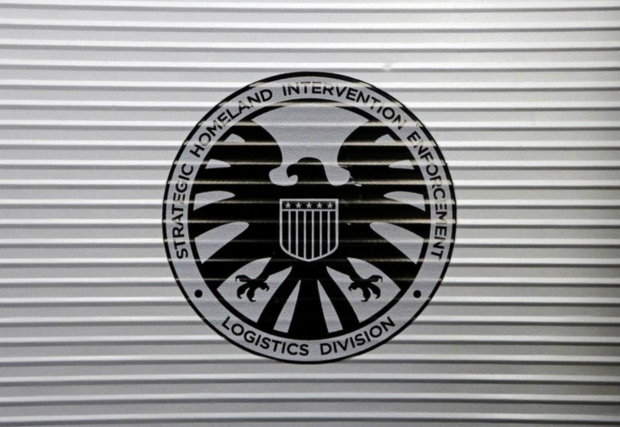 Military Industrial Complex Warning Speech
Military Industrial Complex Warning Speech
“This conjunction of an immense military establishment and a large arms industry is new in the American experience. The total influence — economic, political, even spiritual — is felt in every city, every State house, every office of the Federal government. We recognize the imperative need for this development. Yet we must not fail to comprehend its grave implications. Our toil, resources and livelihood are all involved; so is the very structure of our society.
In the councils of government, we must guard against the acquisition of unwarranted influence, whether sought or unsought, by the Military-Industrial complex. The potential for the disastrous rise of misplaced power exists and will persist.
We must never let the weight of this combination endanger our liberties or democratic processes. We should take nothing for granted. Only an alert and knowledgeable citizenry can compel the proper meshing of the huge industrial and military machinery of defense with our peaceful methods and goals, so that security and liberty may prosper together.
Akin to, and largely responsible for the sweeping changes in our industrial-military posture, has been the technological revolution during recent decades.
In this revolution, research has become central; it also becomes more formalized, complex, and costly. A steadily increasing share is conducted for, by, or at the direction of, the Federal government.
Today, the solitary inventor, tinkering in his shop, has been overshadowed by task forces of scientists in laboratories and testing fields. In the same fashion, the free university, historically the fountainhead of free ideas and scientific discovery, has experienced a revolution in the conduct of research. Partly because of the huge costs involved, a government contract becomes virtually a substitute for intellectual curiosity. For every old blackboard there are now hundreds of new electronic computers.
The prospect of domination of the nation’s scholars by Federal employment, project allocations, and the power of money is ever present and is gravely to be regarded.
Yet, in holding scientific research and discovery in respect, as we should, we must also be alert to the equal and opposite danger that public policy could itself become the captive of a scientifictechnological elite.”
Public Papers of the Presidents, Dwight D. Eisenhower, 1960, p. 1035- 1040
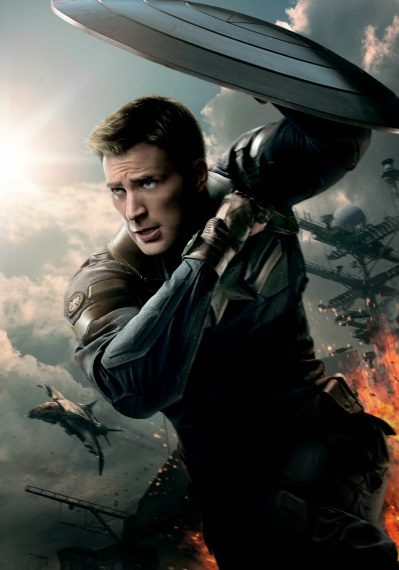
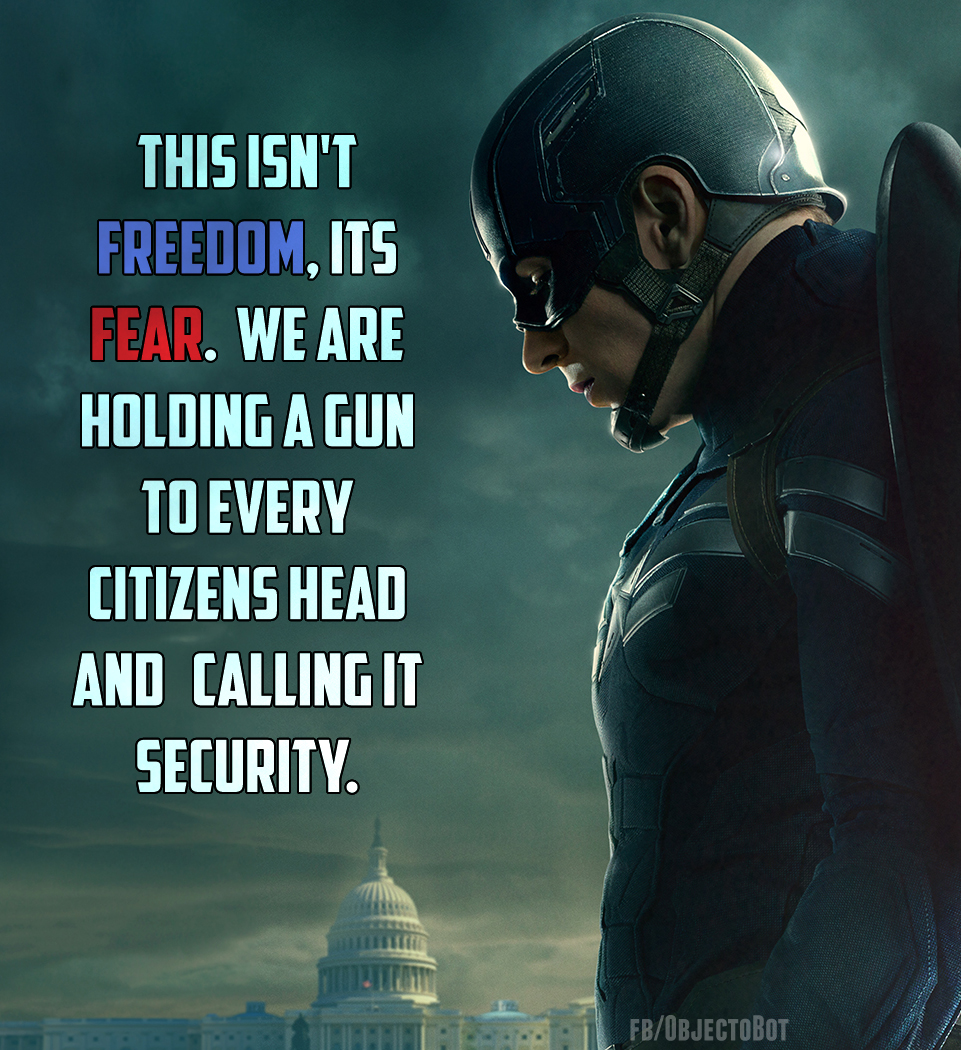
“Liberty, and Justice for all”

Captain America the Winter Soldier Montage & Review
What Would Captain America Do? The Fight for Liberty Versus Military-Industrial Complex NSA Global Intelligence / S.H.I.E.L.D. Montage
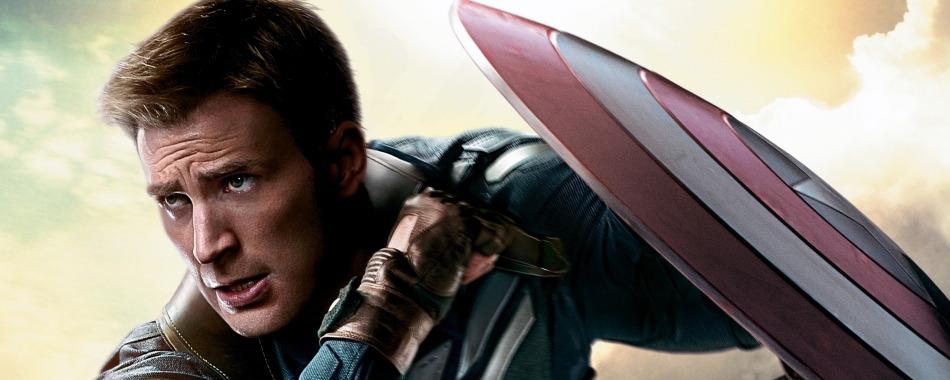 Sources: , http://www.h-net.org/~hst306/documents/indust.html
Sources: , http://www.h-net.org/~hst306/documents/indust.html